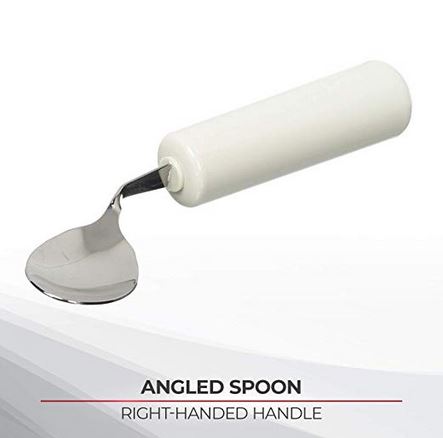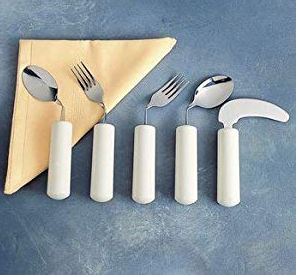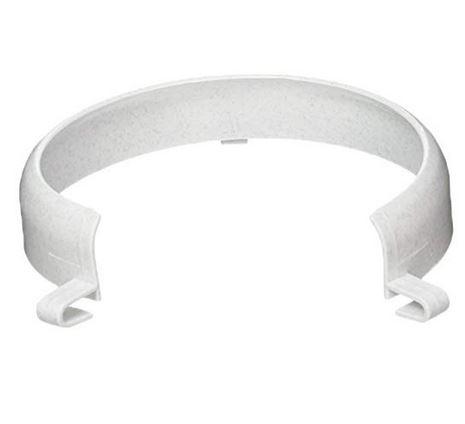A primary method for gauging ability to live independently or with some form of Home Care or Home HealthCare assistance involves determining a person’s ability to perform Activities of Daily Living (ADL or ADLs). ADLs are divided into two categories:
The type of residence and level of independence that is right for you is dependent upon how well you currently function on your own and expect to function in the near future.
Basic ADLs
Basic ADLs consist of self-care tasks that are necessary for the most fundamental aspects of functioning. They include, but are not limited to, these areas:
- Mobility:
- Transferring (moving in or out of bed or a chair unassisted – mechanical transfer aids may be used)
- Locomotion (moving to different areas in the same room or on the same floor, within the home or on a level surface outside, by walking alone or using a cane, walker, wheelchair, or scooter) while performing activities
- Bathing:
- Washing one’s entire body
- Getting in and out of tub or shower
- Sponge bathing
- Dressing:
- Taking clothes from drawers and closets
- Putting on and taking off clothes and outer garments, including fasteners
- Self-feeding:
- Getting food from plate to mouth
- Personal hygiene and grooming:
- Brushing / combing / styling hair
- Trimming nails
- Maintaining Control Over Urination and Release of Stool:
- Maintaining complete self-control over urination and defecation
- Toileting:
- Getting to the toilet or remote toileting receptacle
- Sitting down or otherwise aligning oneself over the toilet or the remote toileting receptacle
- Discharging urine and/or feces
- Cleaning oneself
- Getting back up or moving off the remote toileting receptacle
- Dumping contents of remote toileting receptacle into the toilet
- Flushing the toilet
- Arranging and fastening clothing
Instrumental ADLS
Instrumental activities of daily living (IADLs) are self-care activities that go beyond the most fundamental aspects of functioning and are more complex and demanding; they allow an individual to live independently within a community. They include, but are not limited to, these areas:
-
- Daily Tasks Around the Home:
- Meal preparation and cleanup
- Housework
- Home establishment and maintenance
- Shopping for groceries or clothes
- Communications management, using a telephone or other communications devices
- Social Activities:
- Ability to get around within the community
- Interactions with others
- Attending social, cultural or religious events or observances
- Personal Finance:
- Managing and collecting income, paying bills, and budgeting
- Recordkeeping and tracking
- Health Care:
- Selecting and supervising caregivers
- Making and keeping appointments
- Taking medicines as prescribed
- Exercising
- Daily Tasks Around the Home:
Follow the links above to see a detailed explanation of each category of ADL.
Below is a sampling of products and equipment that are designed to help you age in place for a longer period of time. Use the menus on the side or top of the page to narrow the categories of your search.
Click on the links to find out more information, see other products selections, and if you like, to make a purchase from one of our providers.


 Personal Development Goals
Personal Development Goals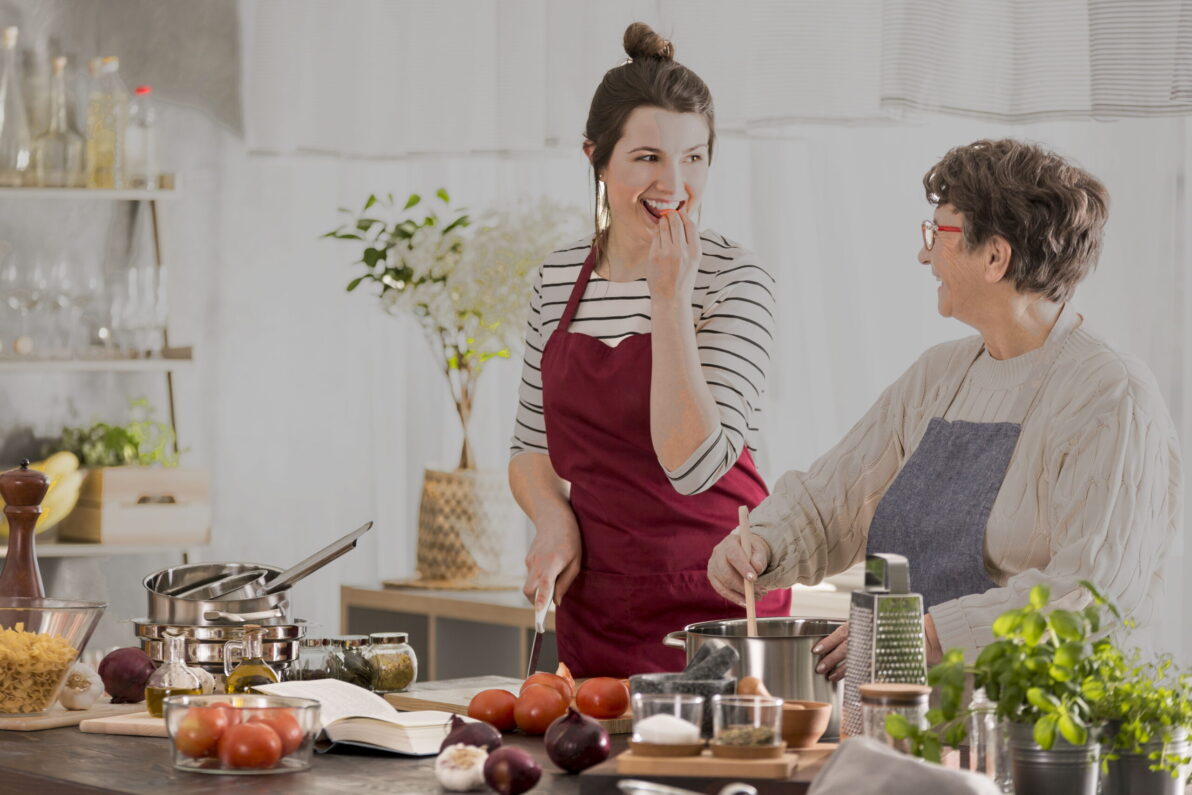
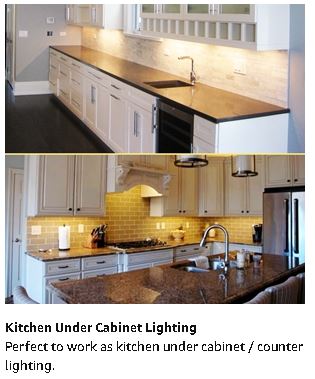
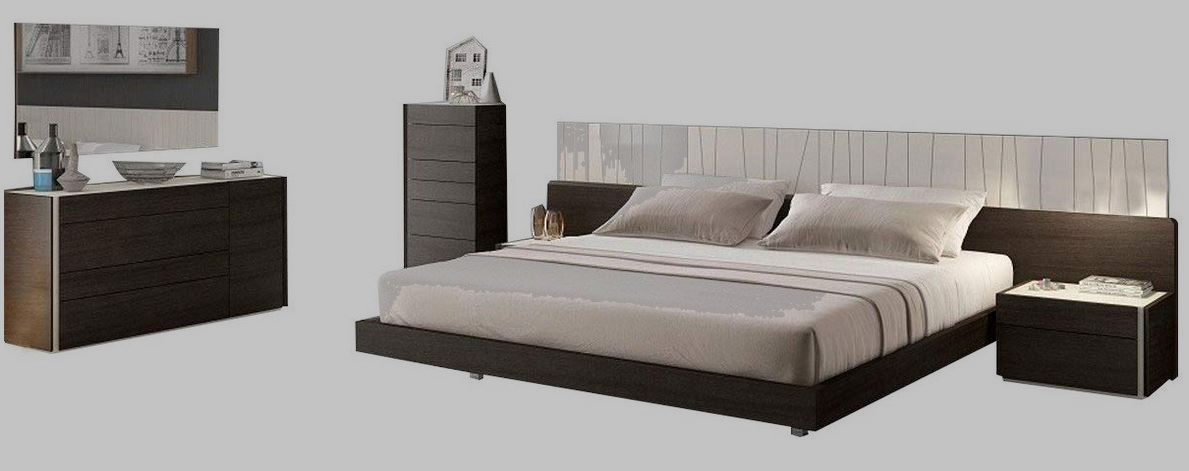 Bedrooms Designed for Aging in Place
Bedrooms Designed for Aging in Place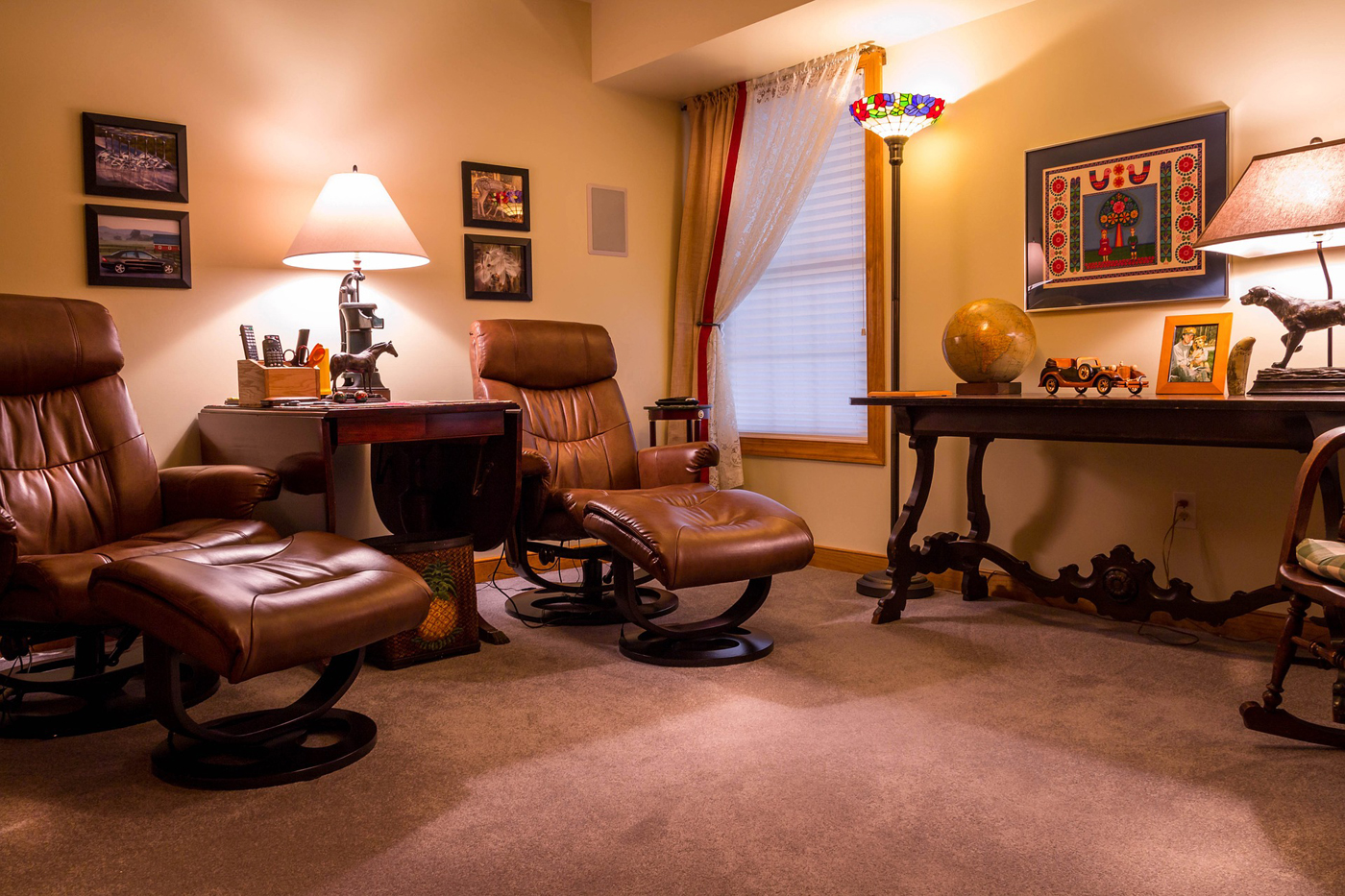 Furniture
Furniture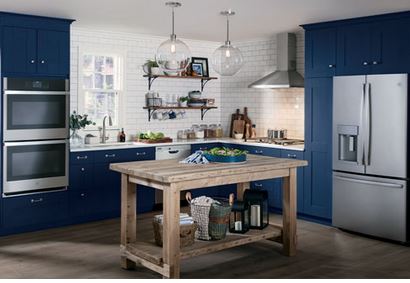 Kitchens Designed for Aging in Place
Kitchens Designed for Aging in Place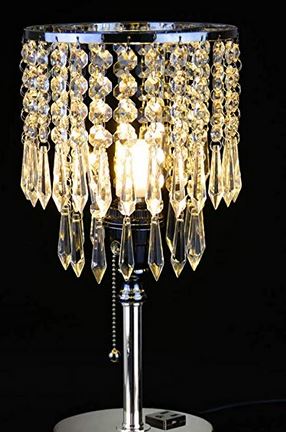 Lighting and Light Switches
Lighting and Light Switches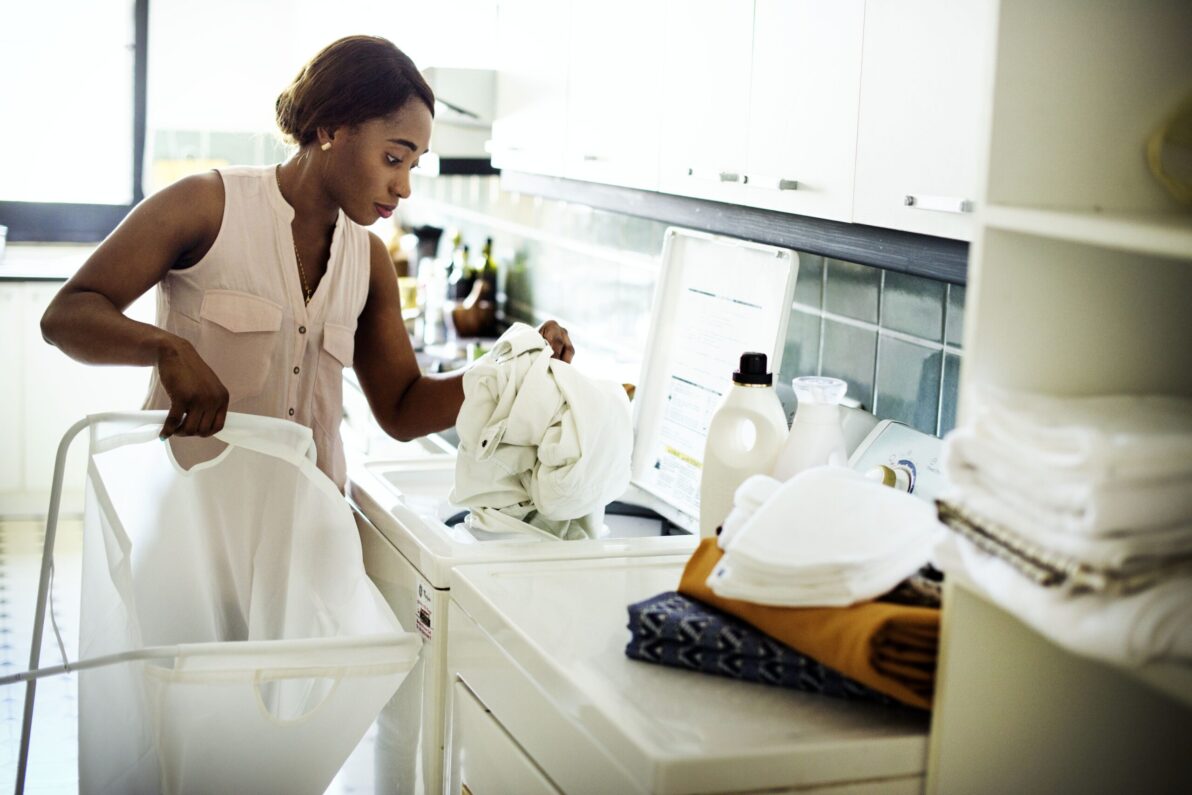
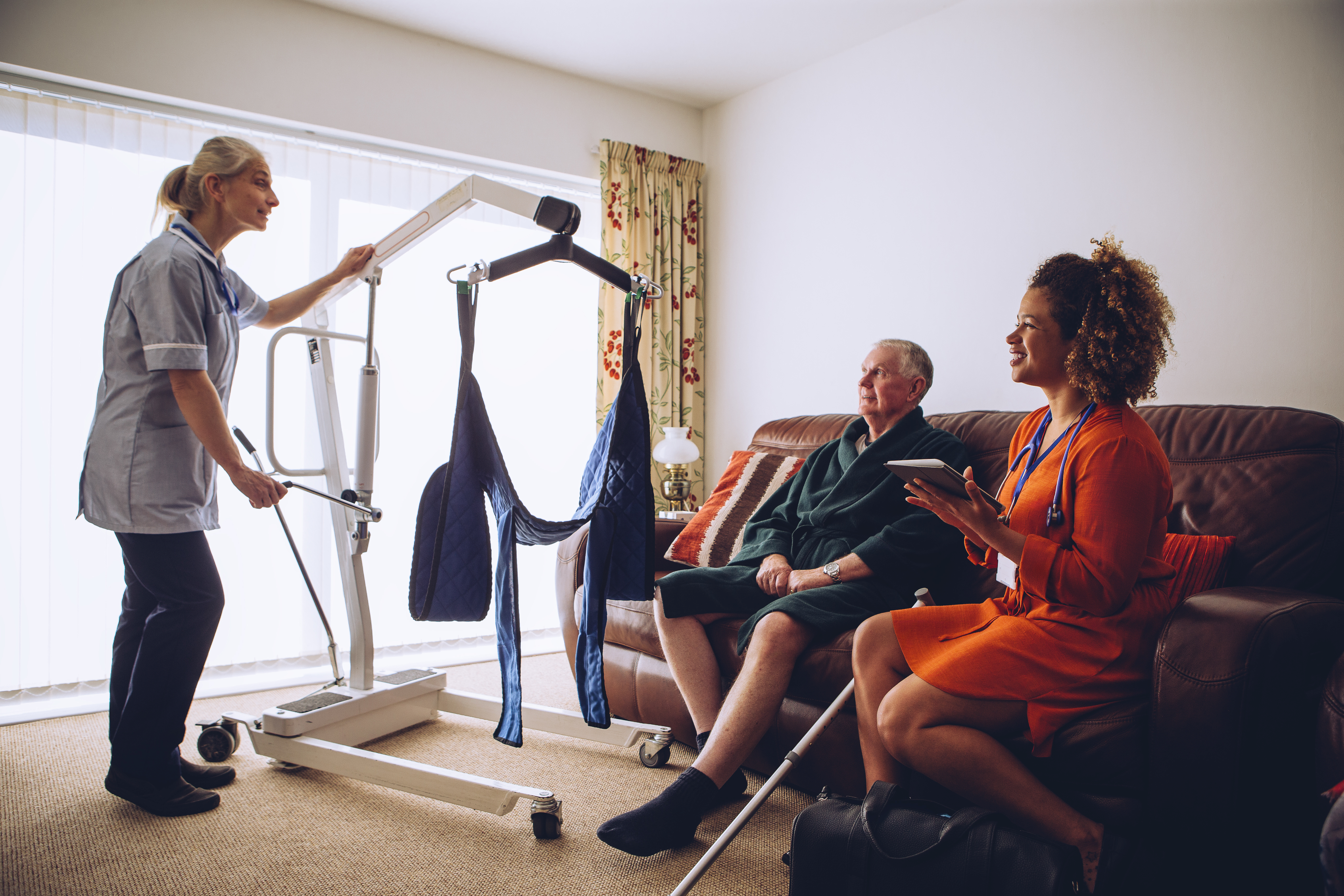 Assisting With Functional Mobility
Assisting With Functional Mobility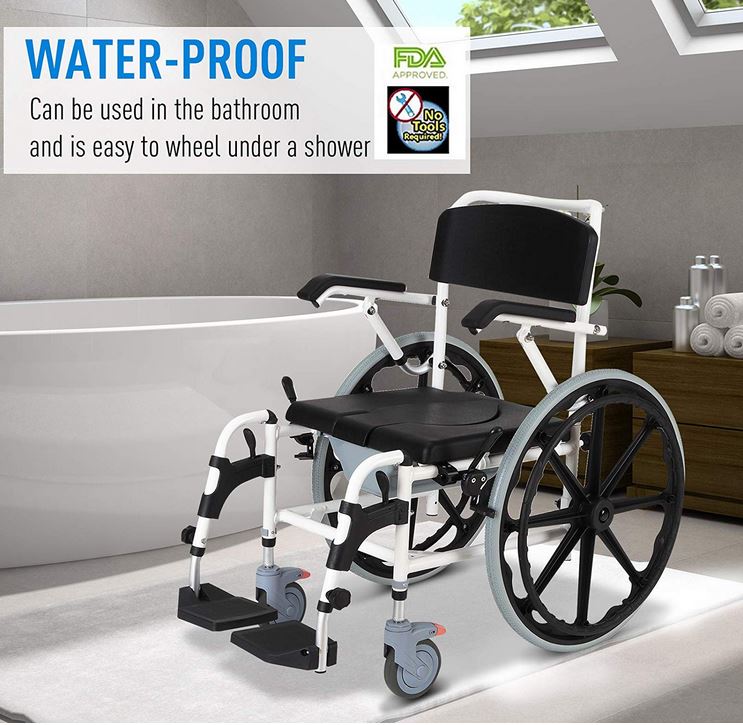 Bath and Shower Mobility Aids
Bath and Shower Mobility Aids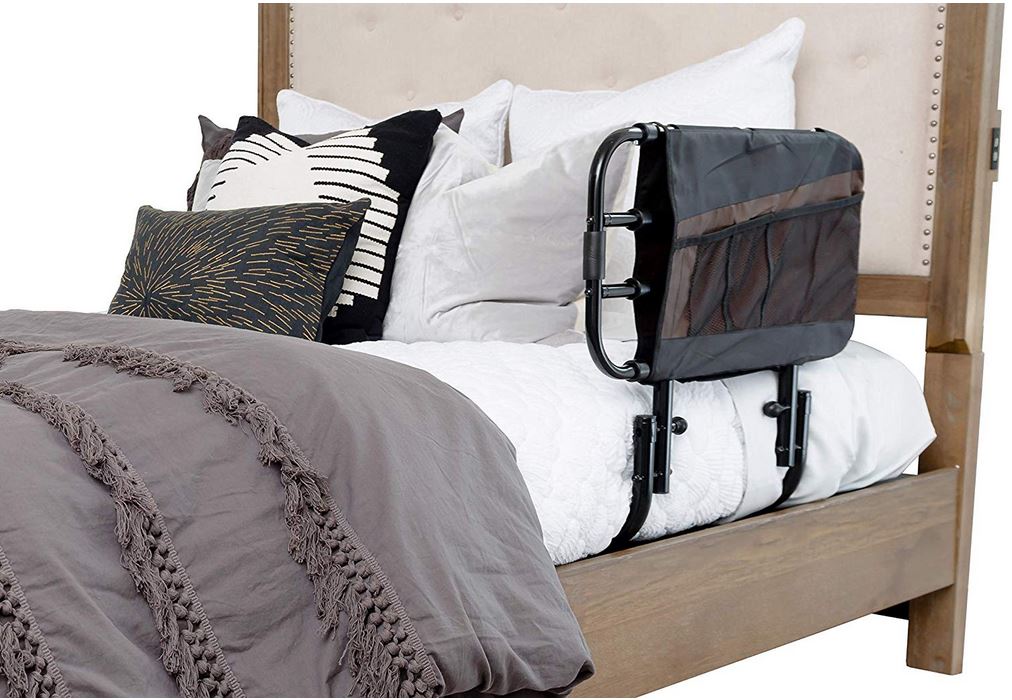 Bedroom Mobility Aids
Bedroom Mobility Aids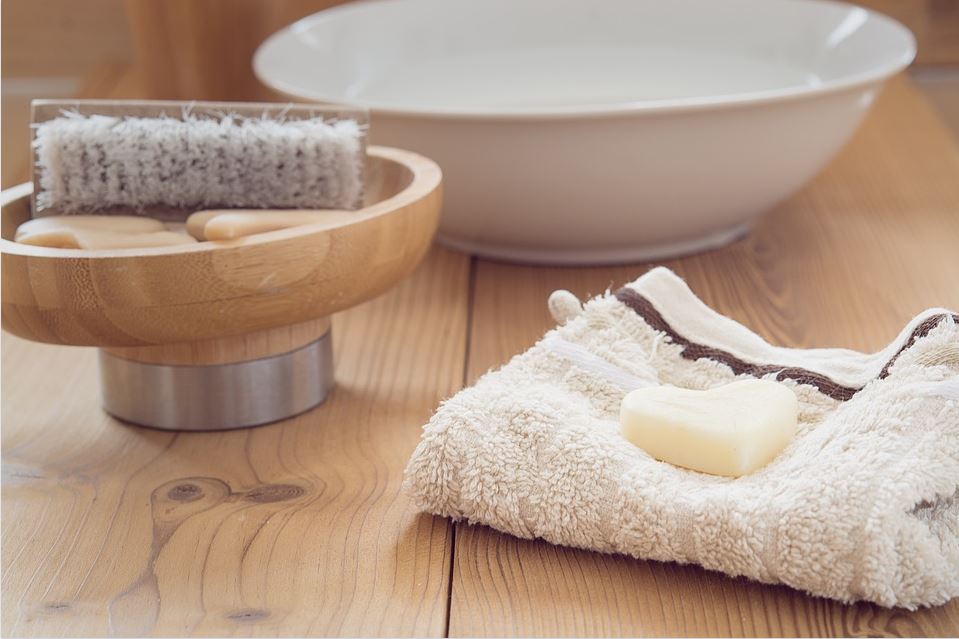 Assisting with Personal Grooming and Hygiene
Assisting with Personal Grooming and Hygiene Caring for Someone With Incontinence
Caring for Someone With Incontinence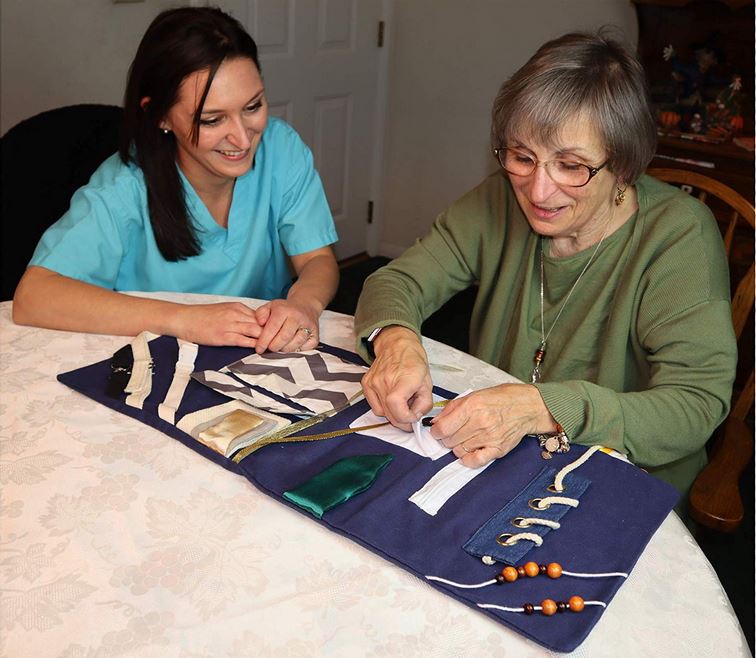 Helping People To Cope with Alzheimer’s and Dementia
Helping People To Cope with Alzheimer’s and Dementia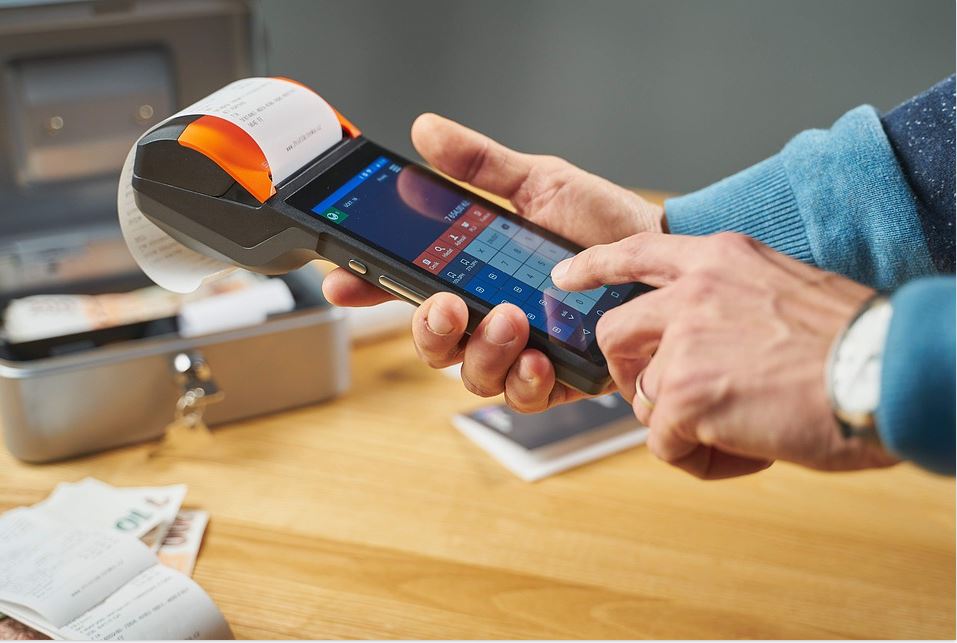 Helping With Bill Paying
Helping With Bill Paying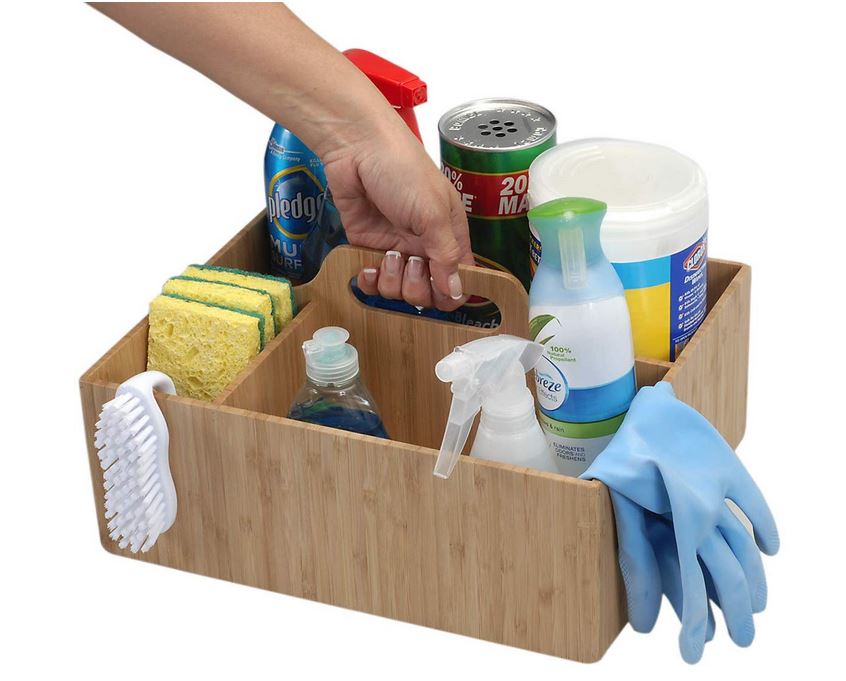 Home Cleaning Services
Home Cleaning Services Offering Companionship
Offering Companionship Providing Medication Reminders
Providing Medication Reminders Providing Transportation
Providing Transportation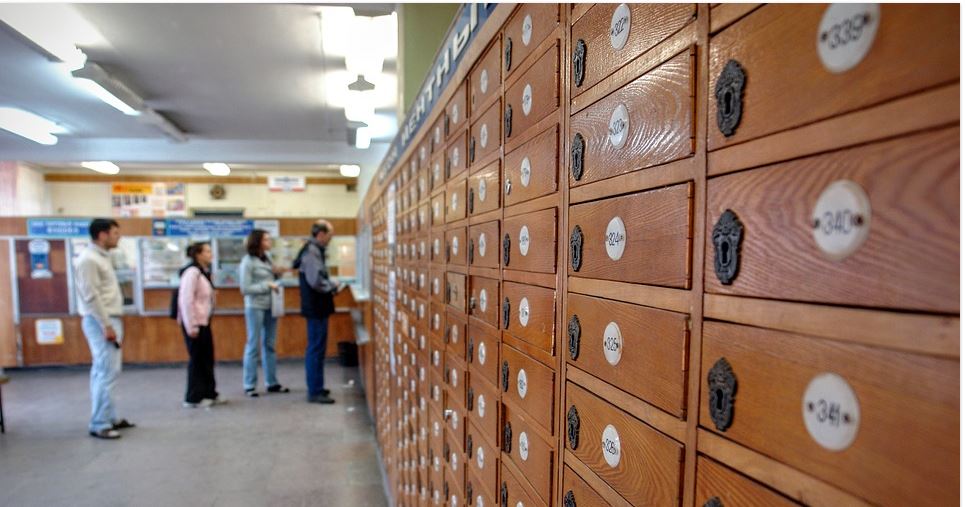 Running Errands
Running Errands
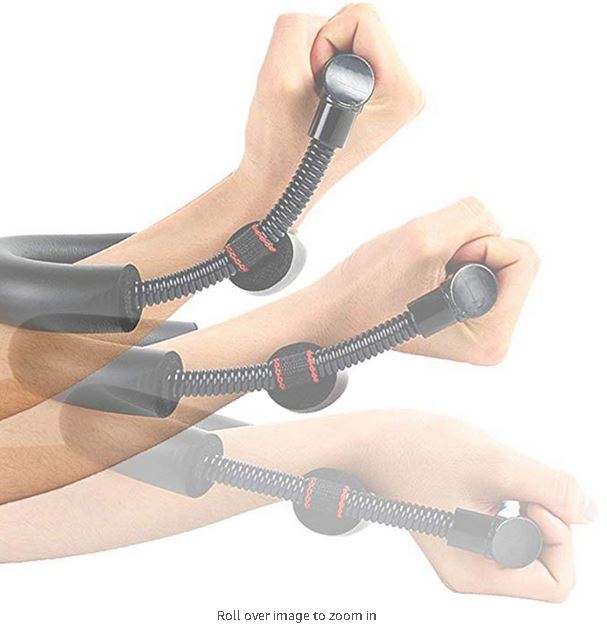
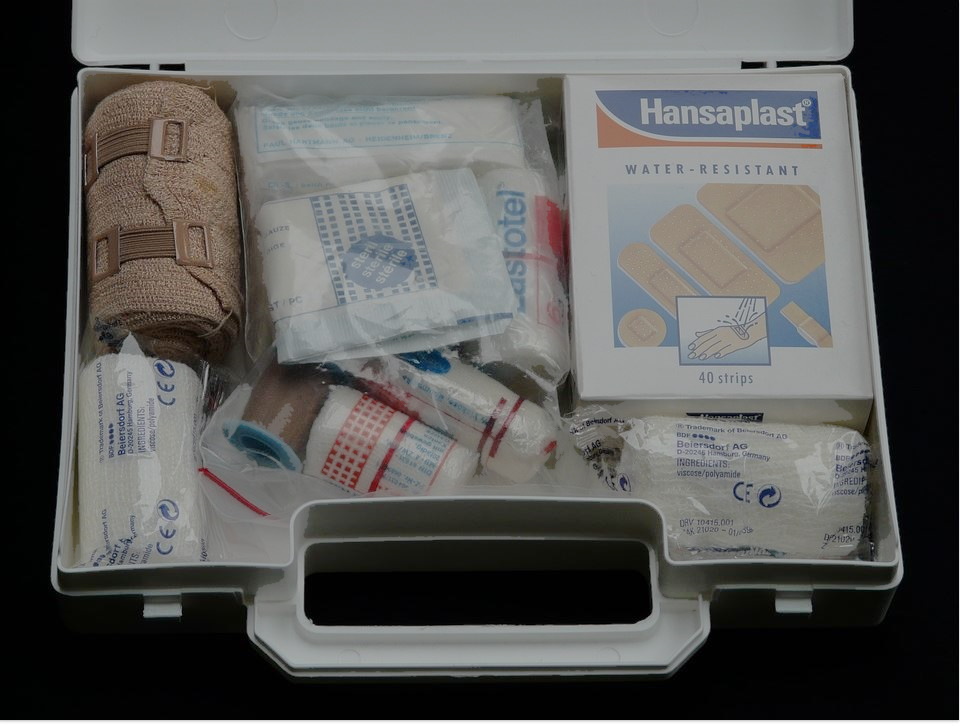 Burn Care
Burn Care Mental Health Rehabilitaion
Mental Health Rehabilitaion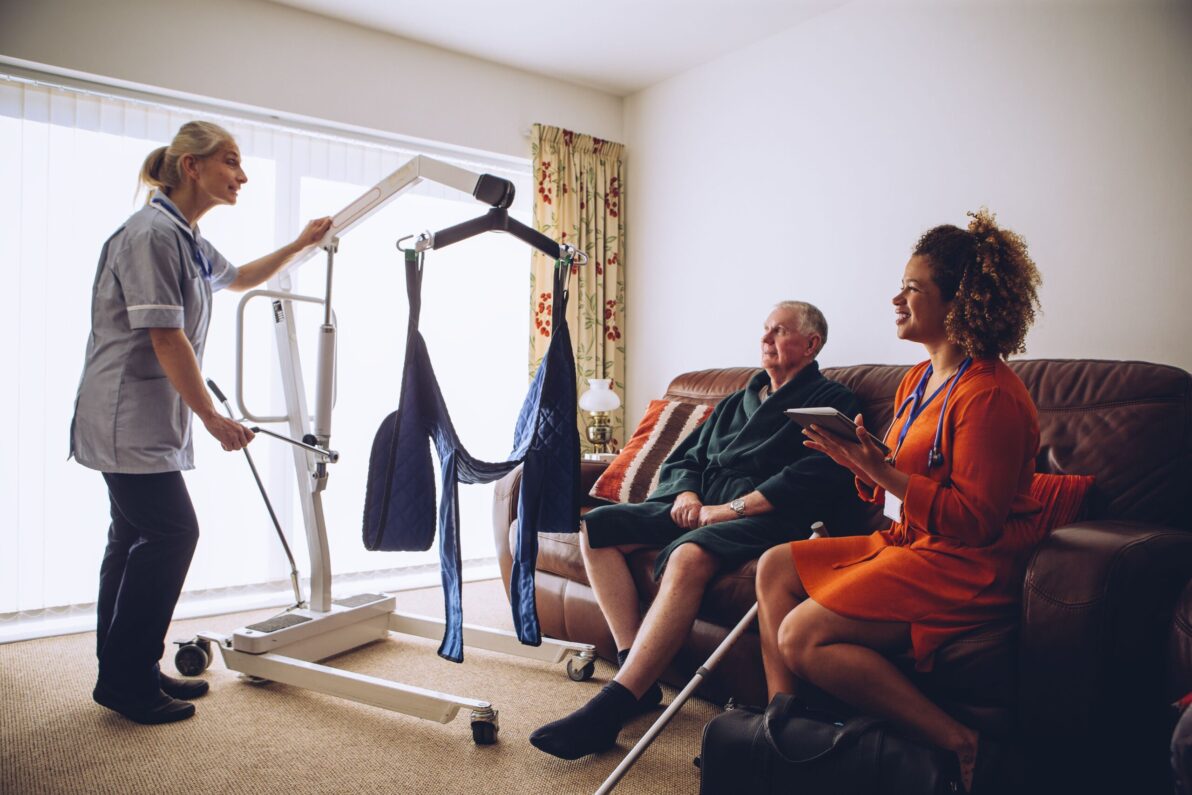
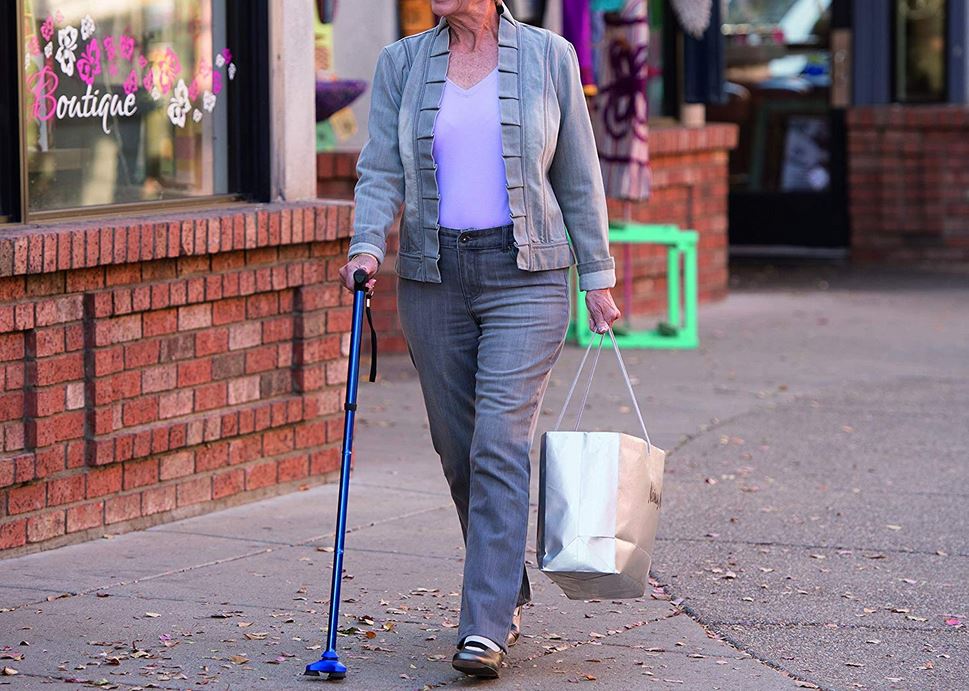 Canes
Canes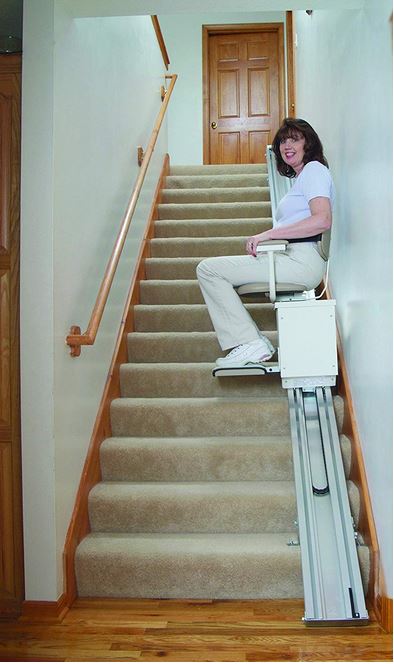 Chair Lifts / Stair Lifts
Chair Lifts / Stair Lifts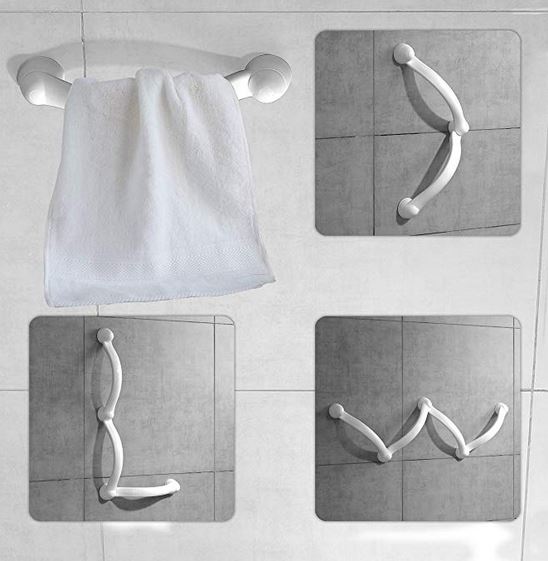 Grab Bars
Grab Bars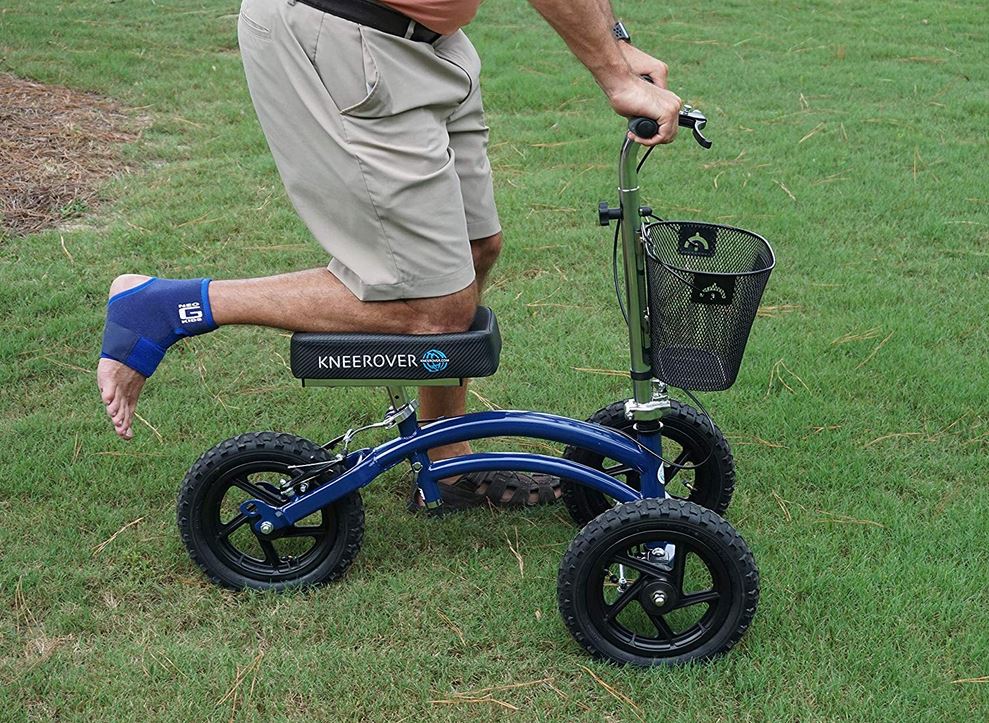 Knee Scooters / Knee Walkers
Knee Scooters / Knee Walkers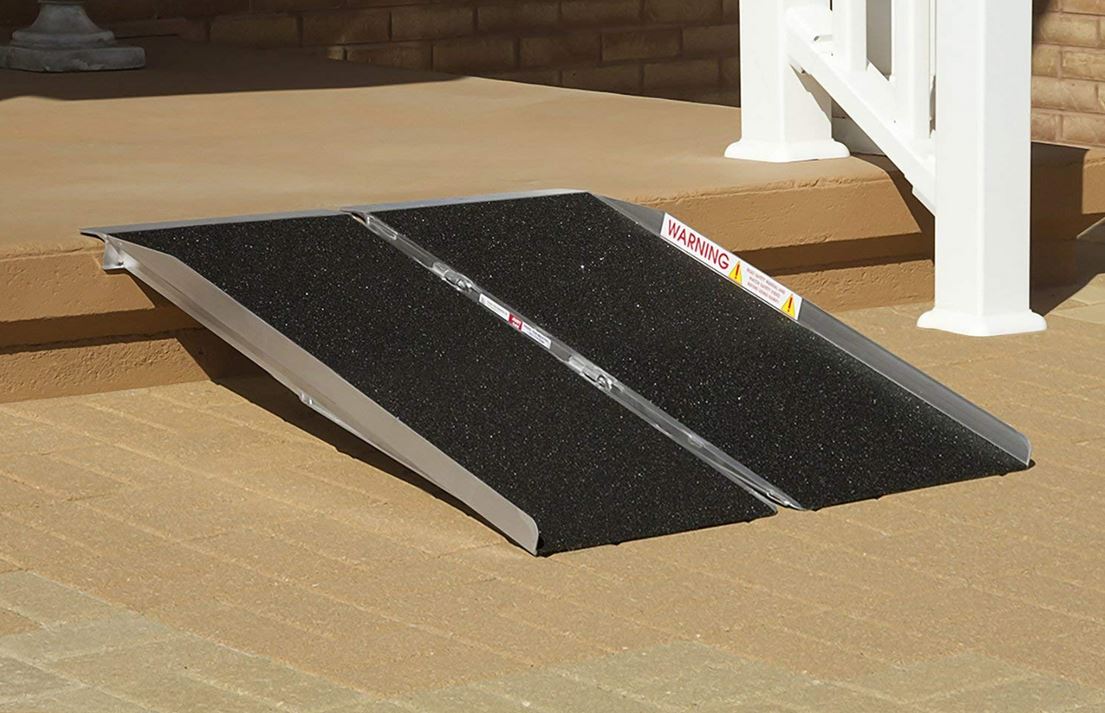 Ramps
Ramps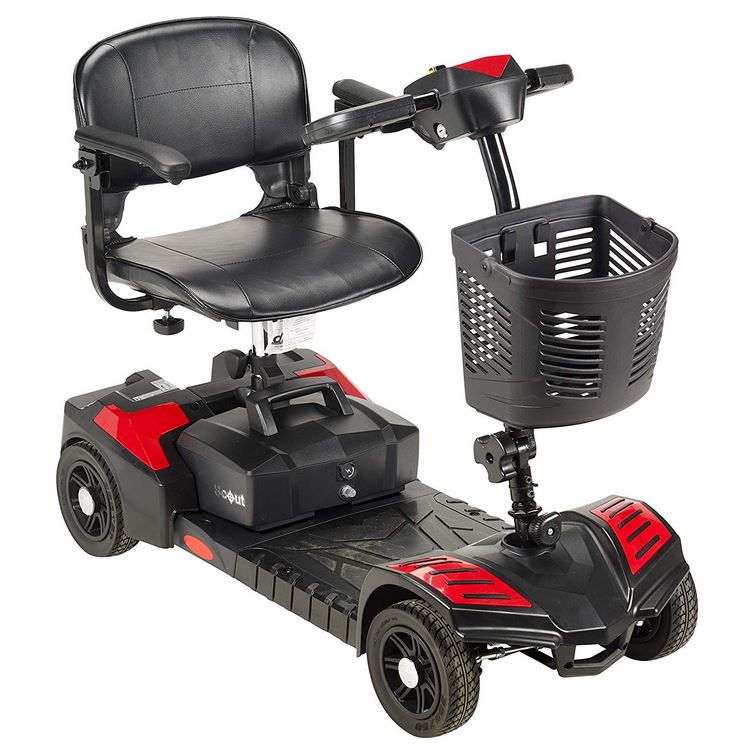 Scooters
Scooters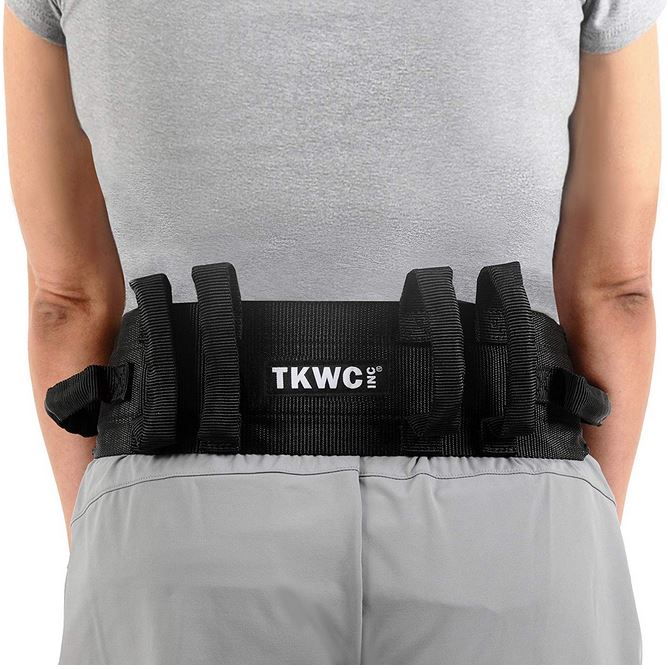 Transfer belts / pads / equipment
Transfer belts / pads / equipment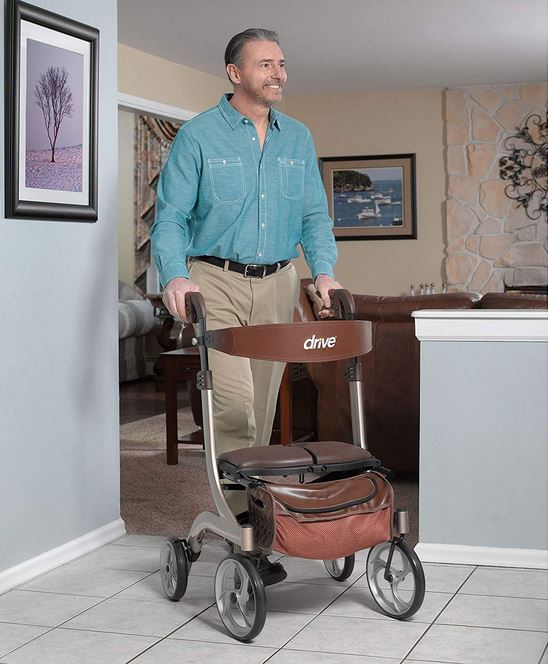 Walkers and Rollaters
Walkers and Rollaters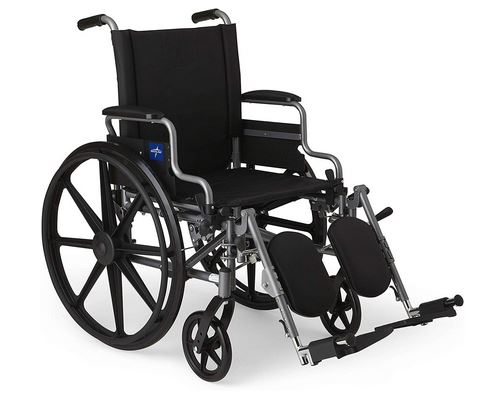 Wheelchairs and Mobile Chairs
Wheelchairs and Mobile Chairs
 Accounting and Tax
Accounting and Tax Books-Seminars-Courses
Books-Seminars-Courses
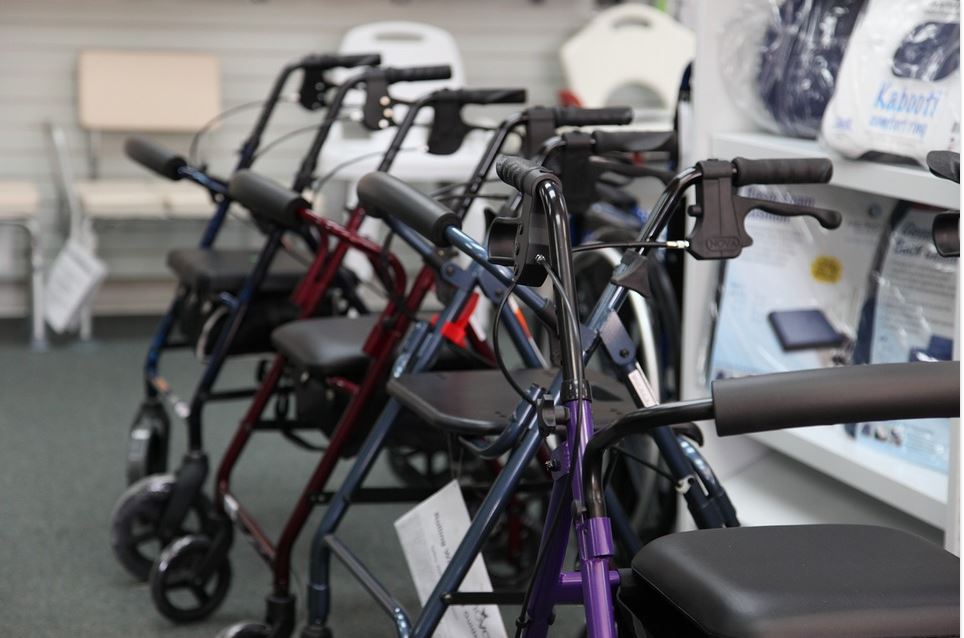 ASSISTED LIVING
ASSISTED LIVING Assisted Living Facilities
Assisted Living Facilities Cohousing Communities
Cohousing Communities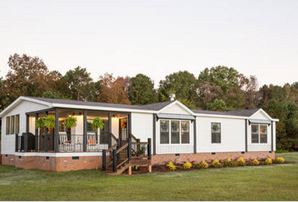 Manufactured Housing Communities
Manufactured Housing Communities Naturally Occurring Retirement Communities (NORCs)
Naturally Occurring Retirement Communities (NORCs) Personal Residence LIving Independetly
Personal Residence LIving Independetly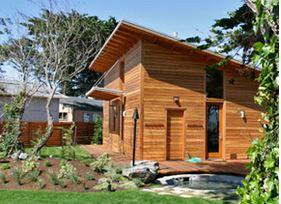 Accessory Dwelling Units
Accessory Dwelling Units Continuing Care Retirement Communities
Continuing Care Retirement Communities Multigenerational Households
Multigenerational Households